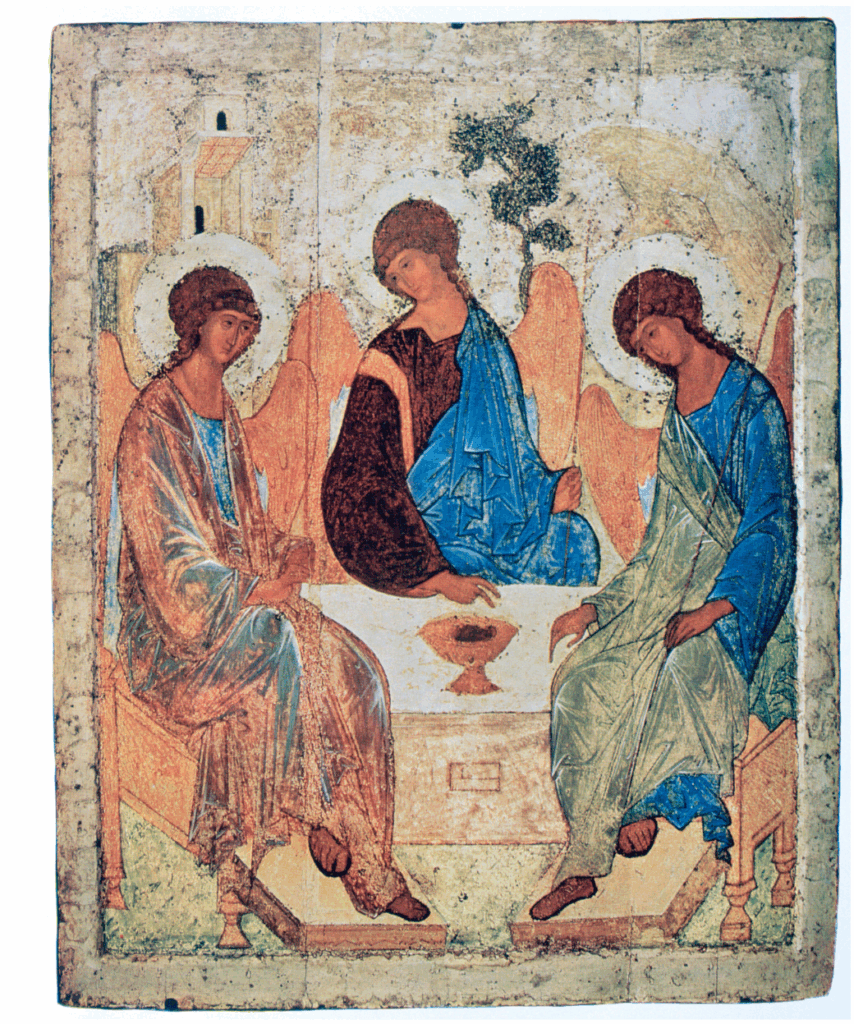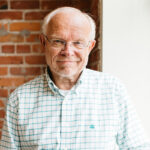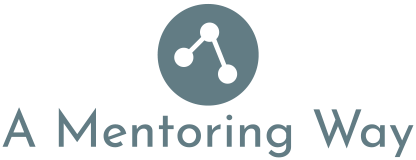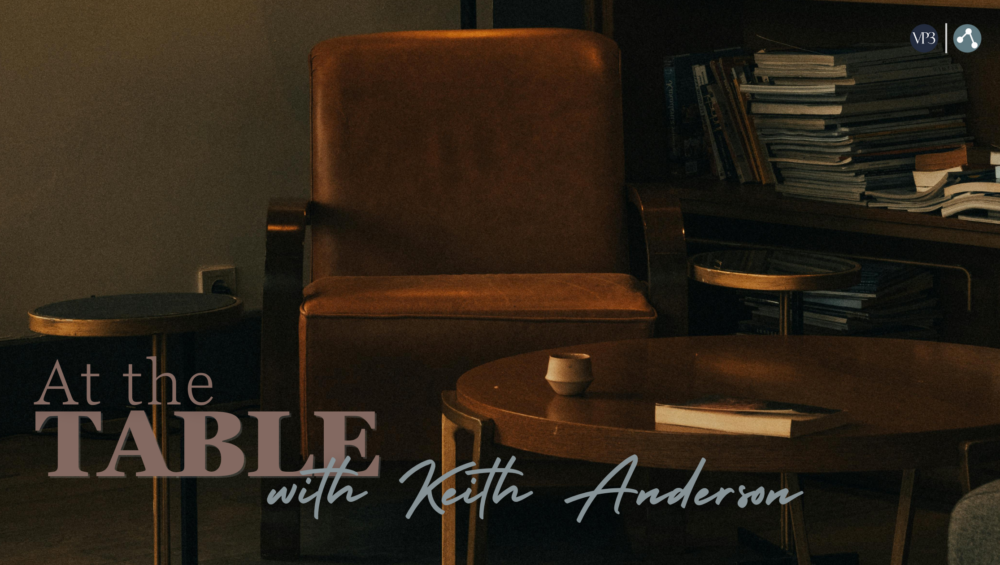Mentoring Always Involves Risk
Mentoring is a risk. Being mentored can be costly. Being a mentor can require paying a price.
These are probably not words you want to hear if you are:
- already a mentor or mentee,
- considering becoming a mentor,
- thinking about finding a mentor.
Mentoring requires one essential posture: hospitality. We create an open and free space for another person. As mentors, we open ourselves to the work of the Spirit in another. As mentees, we open our inner soul space. There is an emerging and (hopefully) growing transparency.
Transparency: Windows without curtains
 Transparency is an intentional opening of one’s life to another. It means telling your story—honestly. You invite someone to see your successes, failures, convictions, confidence, doubts, and uncertainty. Someone once wrote that transparency is “being honest without exaggeration or concealment.”
Transparency is an intentional opening of one’s life to another. It means telling your story—honestly. You invite someone to see your successes, failures, convictions, confidence, doubts, and uncertainty. Someone once wrote that transparency is “being honest without exaggeration or concealment.”
To be transparent is to stand at a window without curtains. No masks. No curtains to shade your story. You bring honesty, confession, and an unfiltered version of yourself.
Transparency always requires vulnerability.
Consider The Hospitality of Abraham by Andrei Rublev.
You may not feel like you have a halo around your head, but notice the posture of humility in the three figures. Notice the cup, notice the table. What do you see that helps you understand the hospitality of mentoring?
Vulnerability as an Act of Faith
Vulnerability is your willingness to expose yourself to the possibility of being hurt. You open your heart, wounds, questions, hopes, and heartbreaks. You allow another to see and hear all that you are, all that you carry inside.
As Brennan Manning reminded me often: show up as you are—not as you think you’re supposed to be, and not as you wish to be seen.
No armor. No weapons. No shield against another.
You accept the invitation: let your wounds, doubts, and faith be shared as an intentional posture of growth. Without vulnerability and transparency, we stay guarded—living in a gated internal community, protectively resisting others. But like the father who brought his son to Jesus for healing, we take the risky step of honesty: Lord, I believe, I mean it. Help my unbelief because I have risked before and been harmed by others. With you, I intend to hold heart, hands, and spirit with openness.
Risk-Taking in Mentoring
Risk-taking means stepping out in faith despite the possibility of hurt, rejection, or harm. Trust builds step by step, especially in mentoring or spiritual friendship.
It is most likely true that we all have been harmed by friends in some way or another, have we not? Rarely does one set out with harm in mind, but hurt happens. The call is to risk again—to risk soul space for the sake of growth.
Questions for the risk-taker within:
Ask yourself and your mentoring partner:
- What parts of my story do I intentionally keep hidden?
- What helps me feel enough safety to risk vulnerability?
- Can I walk in the light of transparency, or do I prefer to keep some things in darkness, safely hidden away from others?
- As a mentor, how can I offer hospitality to someone new to conversational transparency and risk-taking?
- Who mentors me in my own struggles with reciprocal hospitality?
- What am I learning about creating inner space for the Spirit to enter, abide, and take up residence within?
Reciprocal Hospitality Builds Community
Each time we allow someone new into our soul space, we are taking a risk. But sharing our souls with another is the first step toward forming community.
Hospitality allows us to see and be seen, to listen and be listened to, to know and be known. It is reciprocal: to both offer and receive care.
Ask yourself: am I willing to be seen, listened to, and truly known? At the same time, how can I open myself to be a calming and welcoming presence for others?
Practice:
As mentors and mentees on the journey of mentoring and hospitality, share this blog together as a conversation starter. Follow up with questions, such as:
- “How open have we been in our time so far?”
- “How can we move more deeply into the transparent hospitality described here?”
Use the blog as a point of conversation to enable deep soul work.
Leave a comment below:
What word or phrase from this blog resonates most deeply with you right now?
_______________________________

Keith Anderson, D.Min., is a Faculty Associate for Spirituality and Vocation at VantagePoint3 and President Emeritus of Seattle School of Theology and Psychology. He is the author of several books, including his most recent: On Holy Ground: Your Story of Identity, Belonging and Sacred Purpose (Wipf & Stock, 2024). His other works include Reading Your Life’s Story (IVP, 2016), A Spirituality of Listening (IVP, 2016), and Spiritual Mentoring (IVP, 1999). In his writing, teaching, and mentoring, Keith seeks to set a table for people looking to enter the “amazing inner sanctuary of the soul” in the most ordinary and extraordinary moments of life.


3 Comments
Keith I’ve been very blessed in my life to have “hospitable” mentors! The disarming , compassionate and loving presence is a safe place to share in life’s victories and challenges, to grow and learn and to simply become. My mentors always have a way of noticing something in me that reflecteds God’s heart and they draw it out of me and encourage it! They are also good for a belly laugh and/or a good rant/cry. They are treasures in my life! They come to soul coffee with a prayer, a pocket full of particular questions and fully present! Love them to bits.
Hospitality is truly one of God’s most radical gifts. Some might think we’re talking about napkins, an entree selection and a dessert selection, but you said it with such insight: disarming, compassionate, loving presence and a safe place. I have a friend who says that mentors are those who love your heart. Like you, I have experienced that same gift from mentors I have been blessed to know.
I am thanking and praising the Lord for you and your work for Him!
I have a beloved family member who is a pretty well thought out atheist and carries some deep hurts towards the Lord’s people and anger toward the Lord. I have rarely felt safe to even share that I am praying for him.
I was visiting his family and deeply feeling the absence of the Lord in his life and world. Praying for the Lord to be seen and that I would do nothing in my flesh to block the way. Feeling on the front lines of the battle and asking for prayer and clinging to His Word.
On vacation, finally having the time to look at the mentoring blog, I come upon “Mentoring and Hospitality: Embracing Risk, Vulnerability, and Transparency.” My family member and I had met later in life and had been doing most of the work in the blog, except almost nothing referencing the spiritual. It was like angels came and woke me to read this miraculous gift!
First, these words describe the call I have felt on my life in words better than I have ever considered. I was blessed deep in my soul and grateful. I have always voiced my call as being to be a “sound friend.” So so thankful for your words to articulate my call so I can more effectively share.
Second, sharing this blog with my atheist family member, who recognized my efforts to have a hospitable relationship, ALLOWED US, THAT AFTERNOON, AFTER EIGHT YEARS, TO DISCUSS OUR SPIRITUAL DIFFERENCES WITH SAFETY AND OPENNESS.
He answered prayer, He showed His presence. He “guided me with His eye” at precisely the right moment to perhaps be a first step toward softening a heart. I trust that work to Him.
I humbly thank and praise Him for your gift with words and for your help along my mentoring way.